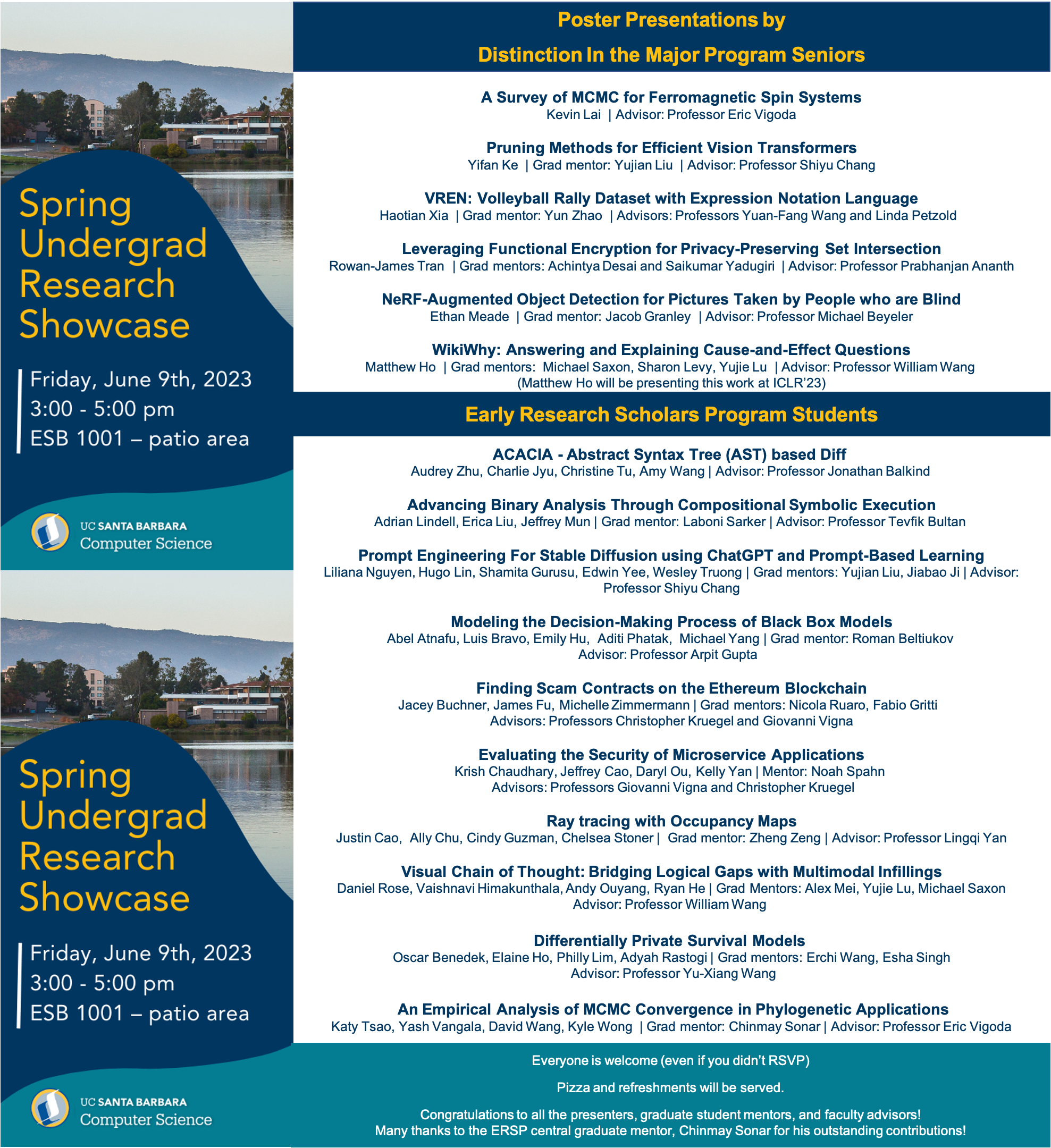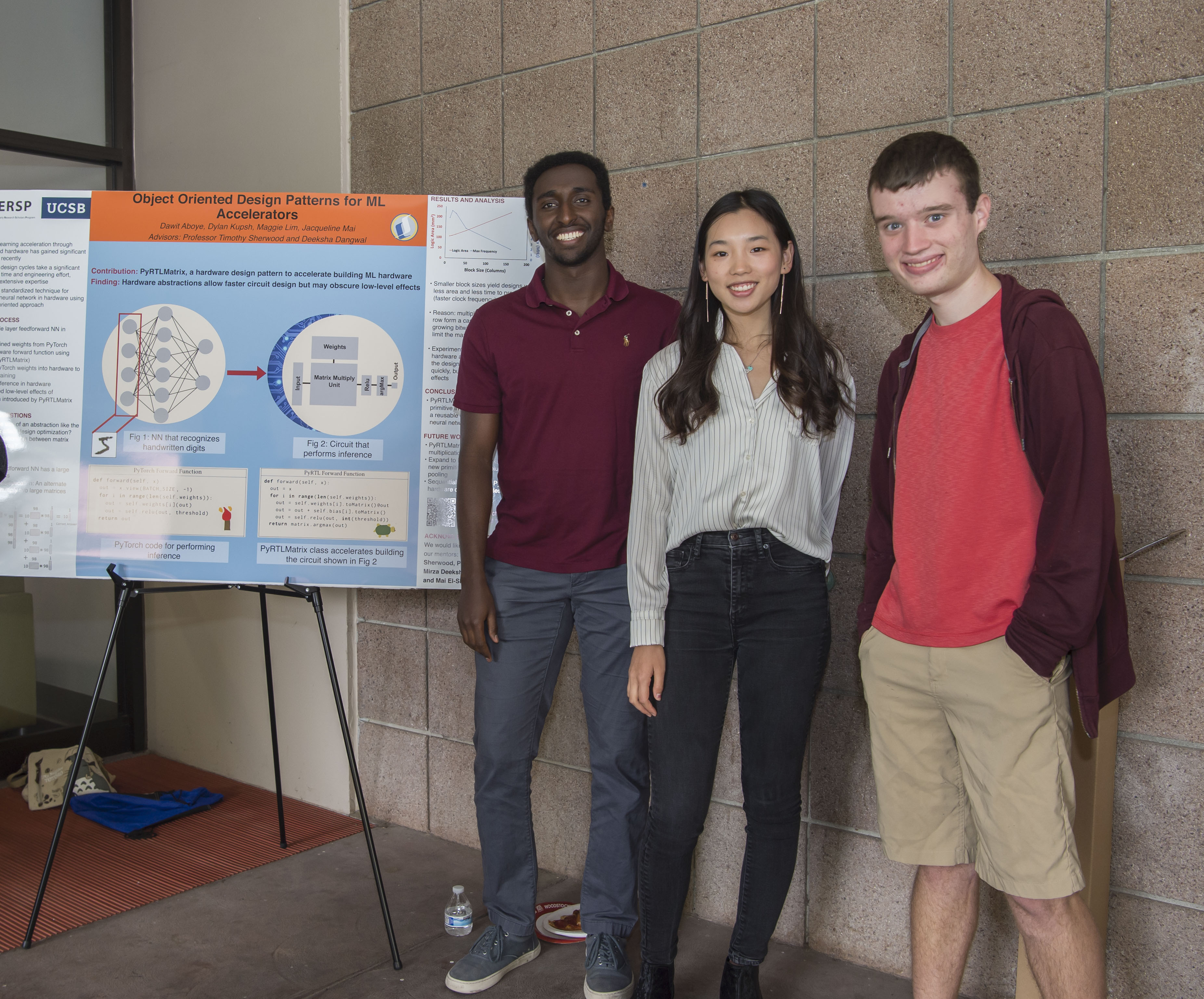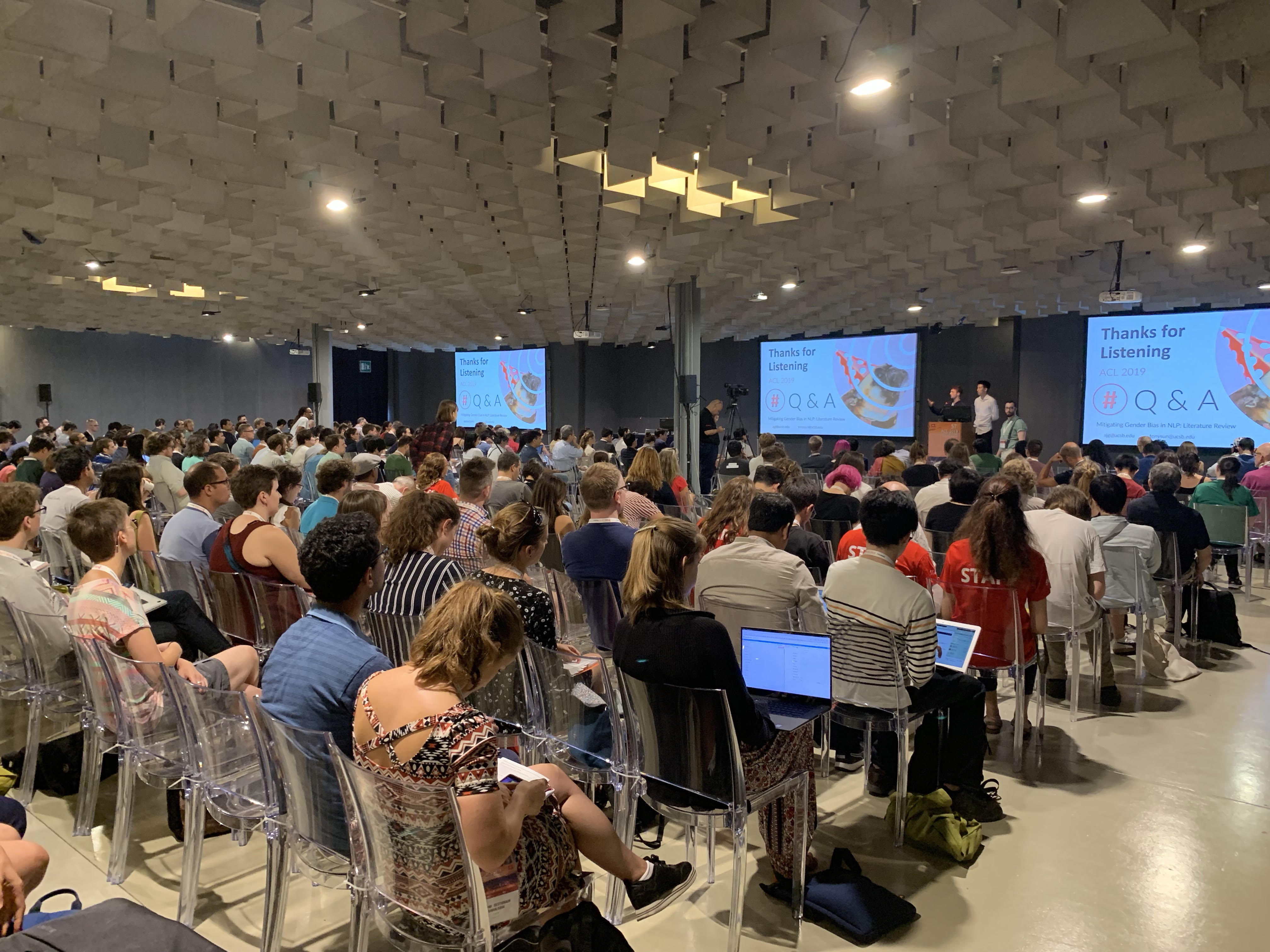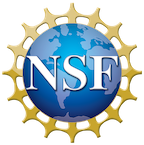Applications for the 2025-26 academic year are now CLOSED!
LINK TO APPLICATION is no longer available
About ERSP
ERSP is a year-long research apprenticeship program designed to support students in their first research experience. The program seeks to give students, particularly those who are traditionally under-served in computing the foundational knowledge and skills for engaging in research in the discipline. Students work in a team (of typically four peers) with a faculty on a project related to computing that ties into the faculty's research area.
ERSP students are additionally supported by the program coordinator and a graduate assistant, as well as the graduate student(s) of their assigned CS faculty mentor. In Fall, ERSP students take a 4-unit research methods course to develop a research proposal and gain the knowledge and skills required to carry out the research. In Winter and Spring, they continue working on their project for credit (via CS 196). The program wraps up with a poster presentation at the end of Spring.
For students,
If you are looking for an experience that combines real-world problem solving with high quality mentoring from faculty in computing related fields, consider joining ERSP. As an ERSP student, you will be part of a supportive team of mentors and peers who will help you learn foundational skills and knowledge about research in the discipline.
Read more about the program here.
For faculty mentors,
ERSP engages a diverse and highly motivated group of undergraduates in research apprenticeships to get them excited about the field. Faculty mentors open their research group meetings or 1 on 1 student meetings to allow ERSP students to sit in. Mentors (or their grad students) also take an active but well-supported role in guiding students' research during one academic year.
Get more information for faculty mentors here.
The ERSP program is supported by the National Science Foundation, award Number: 1821415. UCSB-ERSP is conducted in collaboration with UC San Diego, Stanford and University of Illinois, Chicago (UIC). Any opinions, findings, and conclusions or recommendations expressed in this material are those of the author(s) and do not necessarily reflect the views of the National Science Foundation.



